Stay Hydrated: How Kratom Could Affect Your Fluid Levels
Contents
Is there a link between kratom and dehydration? This plant is renowned among wellness circles, as it reportedly treats numerous health conditions. Are there any adverse effects associated with kratom’s use?
Can kratom cause dehydration?
Mitragyna speciosa is a tree from the Rubiaceae family, native to Southeast Asia. It comes in varying forms, such as pills, powder, leaves, extracts, and tea.
While there aren’t enough definitive findings, anecdotal reports and online sources indicate kratom could cause dehydration. Numerous studies point out a connection between the plant’s alkaloids and human body parts, including the nervous and excretory system.
Kratom’s compounds act on the sense organs and other parts of the body. These alkaloids may prevent you from feeling thirsty until your body is severely dehydrated. You’re unlikely to drink water if you don’t feel thirsty, which often leads to drying up.
Kratom is a diuretic supplement and may cause a rise in the excretion of fluids and electrolytes through the kidneys. This reaction could cause dehydration and an excessive need for drinks.
Experts suggest the consequence of decreased water uptake combined with heightened levels of urination is the primary source of kratom-induced dehydration.
You might experience the negative effects of kratom when you take too much of it. This situation could lead to loss of water, salt, and other minerals through urine. It might eventually cause dehydration. Seek medical assistance if you think you might be dehydrated.
Kratom dehydration symptoms
The symptoms of kratom dehydration can be serious, and you shouldn’t take them lightly. Below are some signs you might encounter:
- Dizziness: When you’re dehydrated, your blood pressure might drop, causing dizziness and lightheadedness.
- Fatigue: If your body doesn’t have enough water, you typically feel tired and lethargic. This situation could make it difficult to concentrate and stay alert.
- Headaches or fainting: Headaches could range from mild to severe. When your body is dehydrated, it doesn’t have enough fluids to lubricate the brain, which could cause discomfort.

- Dry mouth: Your mouth may become dry and sticky when you feel thirsty, making it difficult to swallow or speak. This reaction is a sign you need to up your water intake.
- Dark-colored urine: The color and odor of your urine can provide insight into your hydration levels. If they become depleted, your pee may be a dark yellow or brownish hue with a strong smell.
- Confusion: Your brain might become foggy and have difficulty concentrating or cause you not to think straight when there’s a lack of water.
- Muscle cramps: Deprivation of essential nutrients, vitamins, and minerals due to dehydration could lead to soreness in your joints. Muscles might become weak and cramp up. This situation may hurt and cause difficulty in movement.
- Decreased urination: Kratom doesn’t make you pee but reportedly causes less excretion of fluids. If you have fewer than four trips to the restroom in a day, it could be indicative of a hydration issue.
- Increased heart rate: Your breathing is a clear indication of the amount of water in your body. If you find yourself having difficulty getting enough air or your heart beating faster, try drinking more water.
- Dry skin: If you observe that your body is no longer radiant or healthy looking, it could be due to a lack of hydration. Note that parched skin is more vulnerable to infections and other issues.
- Sunken eyes: If you’re experiencing a great deal of itchiness in your eyes or have dark circles around them, that’s another visible red flag of dehydration.
How to deal with kratom dehydration
If you regularly consume kratom, it’s vital to practice safety measures to deal with potential dehydration issues. Below are some tricks to fight it.
Don’t mix kratom with other diuretics
Stay away from using synthetic or organic diuretic drugs, which may exacerbate the issue further. Avoid using substances like alcohol and caffeine together with kratom.
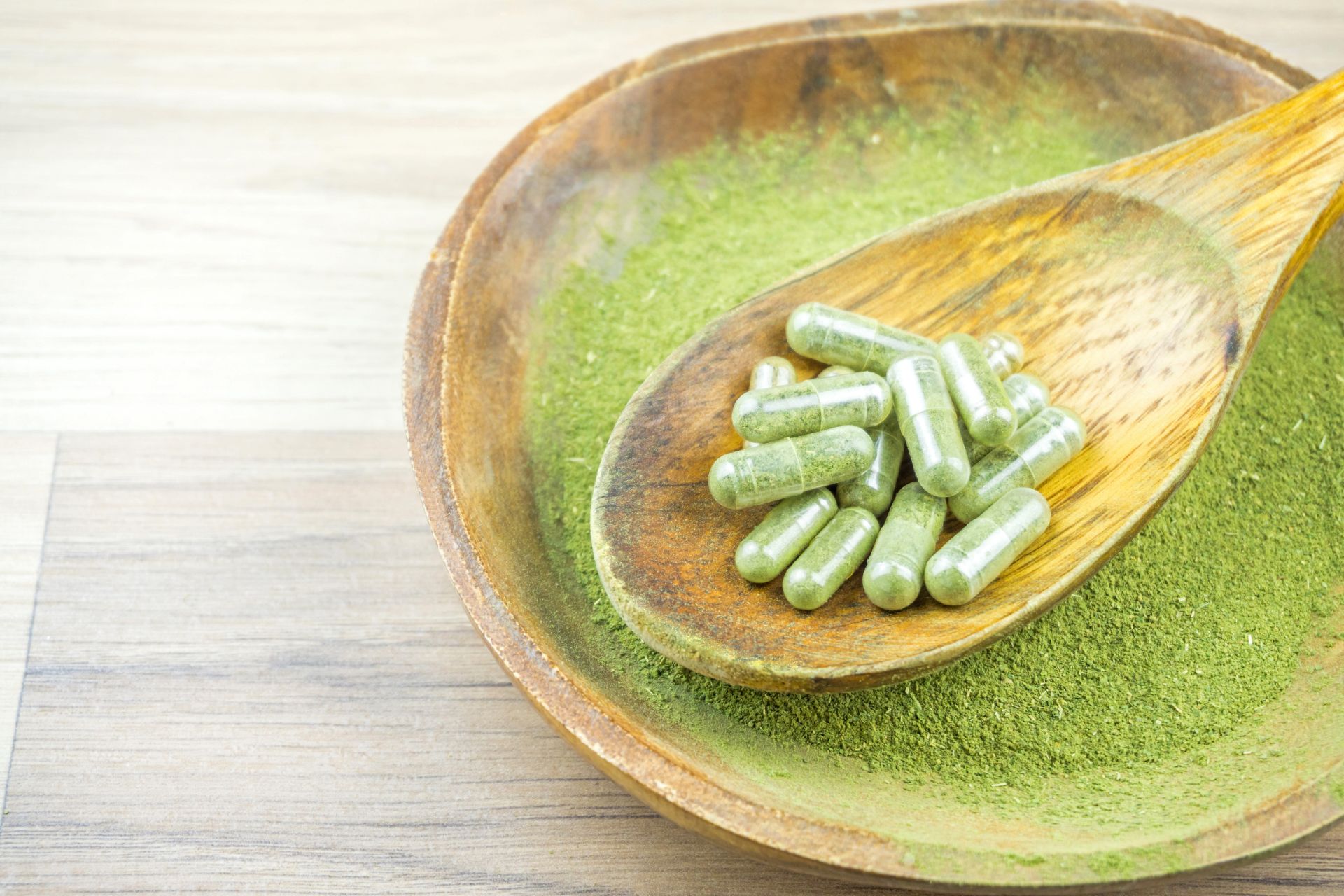
Do frequent medical check-ups
Kratom dehydration may involve losing essential nutrients through the body’s normal functions of sweating and urination. Take regular blood tests to detect any further deficiencies resulting from this condition.
Keep your body and skin hydrated
To keep your skin healthy and avoid damage, try incorporating quality lotions, moisturizers, hydrating gels, masks, and cosmetics into your beauty routine.
Damaged skin may lead to unwanted bacterial infections like eczema, dermatitis, and rashes, among others. Dehydration might also cause problems with your eyes. Ensure you use over-the-counter eye drops to soothe itchiness, redness, and soreness.
Drink water during exercise
Drink sports beverages when you engage in hectic exercises or physical activity in hot temperatures. It may help replenish the fluids and electrolytes in your body. Consider adding protein shakes to your health routine for a nutritious boost.
How to manage dehydration caused by kratom
Have you noticed symptoms of dehydration while taking kratom? Don’t panic, there’s always a way out. Below are some tips to recover from kratom dehydration:
- Take dietary supplements: Excessive consumption of kratom might lead to the depletion of vital vitamins and nutrients. It’s recommended that you consult with a healthcare provider and consider taking additional nutritional supplements.
- Lower your dose: If you observe any signs of dehydration, stop consuming kratom or lower your dosage. Mix powder with water if you take it daily, as the powdered supplement may drain all the moisture in your body by triggering certain neurons.
- Work on your lifestyle: Maintaining the proper level of hydration and drinking enough fluids is the best way to recover from health issues related to dehydration.
Tips to avoid kratom dehydration
Instructing kratom users to just drink more water isn’t enough to keep them in optimal health and hydration. Follow these two tips to evade dehydration:
Formulate a water-drinking schedule
Many factors contribute to the amount of water your body needs, including age, body size, fitness level, gender, and the altitude and climate where you find yourself.
Consuming fluids might offset the dehydration caused by ingesting kratom. It may also revive essential body parts and organs, preventing potential aches and diseases from surfacing in the future.
In certain circumstances, you may need to consume more water than usual due to a particular lifestyle or another factor. It might also include medical issues such as hypertension, coronary illnesses, high altitude, obesity, strenuous activity, vigorous exercise, gestation, or lactation.
Consume foods that are high in moisture
A significant portion of your daily fluid intake comes from the diet you consume. Most foods contain a certain amount of H2O, and some are particularly helpful in providing your body with water.
They include strawberries, oranges, watermelon, pineapple, cantaloupe, spinach, cucumber, broccoli, cauliflower, bell peppers, peaches, and celery. Eat a sizable portion of these items to reach your body’s hydration requirements.
Consume them as snacks or incorporate them into meals as a supplement. You could even use some as an alternative to other components of a recipe, such as substituting diced cauliflower for rice.
Be cautious of kratom dehydration
The continual increment of kratom users has made it important to spread knowledge about the plant and the potential risks associated with it. Form healthy habits, maintain a structured approach to self-care, and drink enough water to avoid kratom dehydration.
Taking the appropriate steps to mitigate dehydration helps ensure the safe and effective use of this popular supplement.
Kratom Country boasts lab-tested, pure, and natural supplements in capsule and powder form. Buy from our store and enjoy the perks of this beneficial plant.
About the Author

Chloe Collins is a skilled kratom maker passionate about crafting high-quality kratom products at Kratom Country. She has been working in the kratom industry for over a decade, mastering the art of creating unique blends and formulations that cater to the specific needs of her clients.
Chloe is known for her dedication to using only the best quality ingredients in her kratom products, ensuring that her customers receive the full benefits of this traditional herb.
She is committed to educating people about the kratom benefits and its responsible use and is always willing to share her knowledge and expertise with others.
She often writes educational articles about Kratom’s effects and its benefits for health.









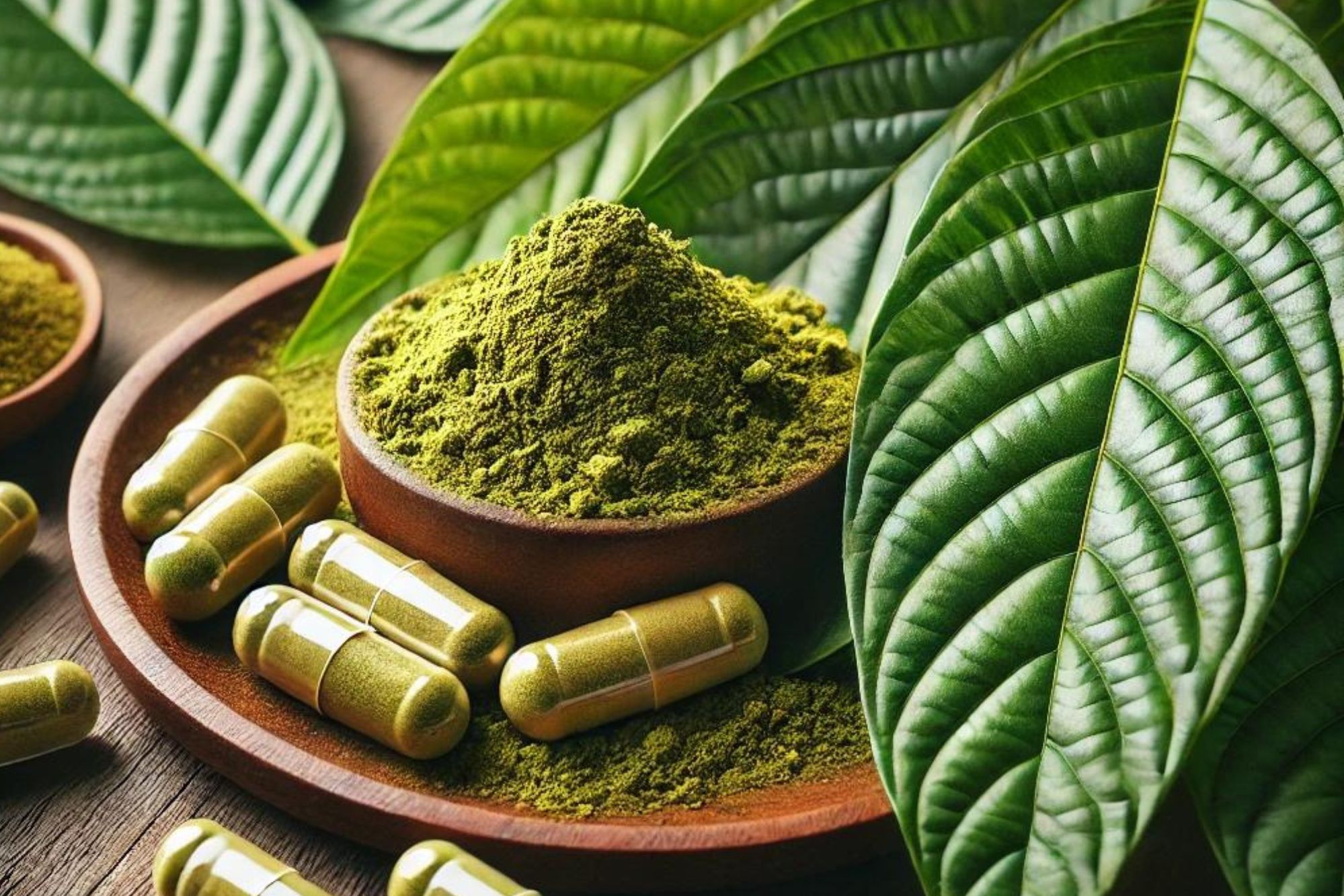
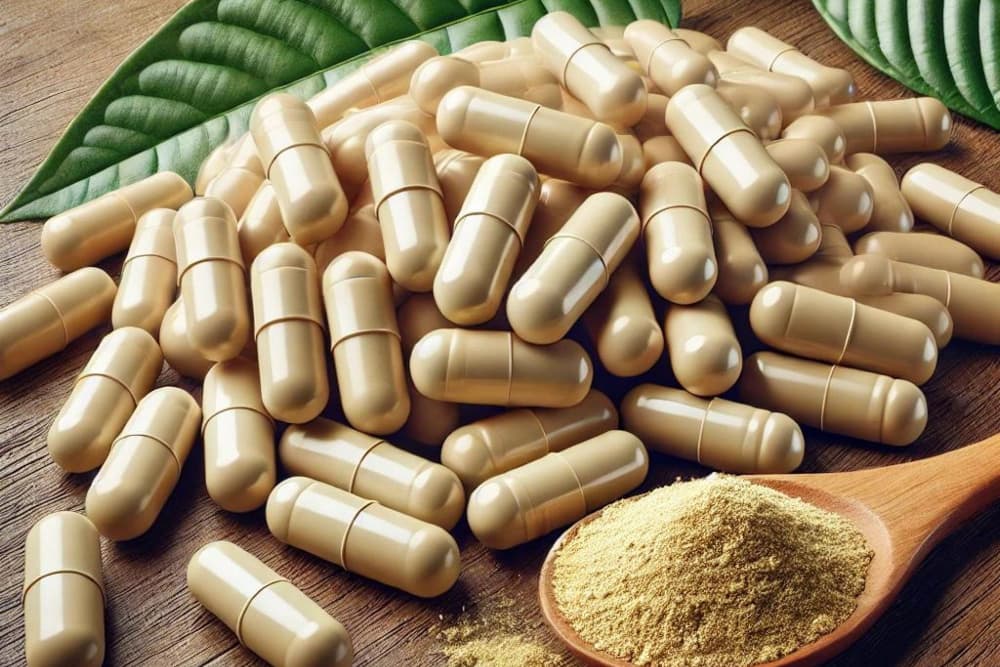
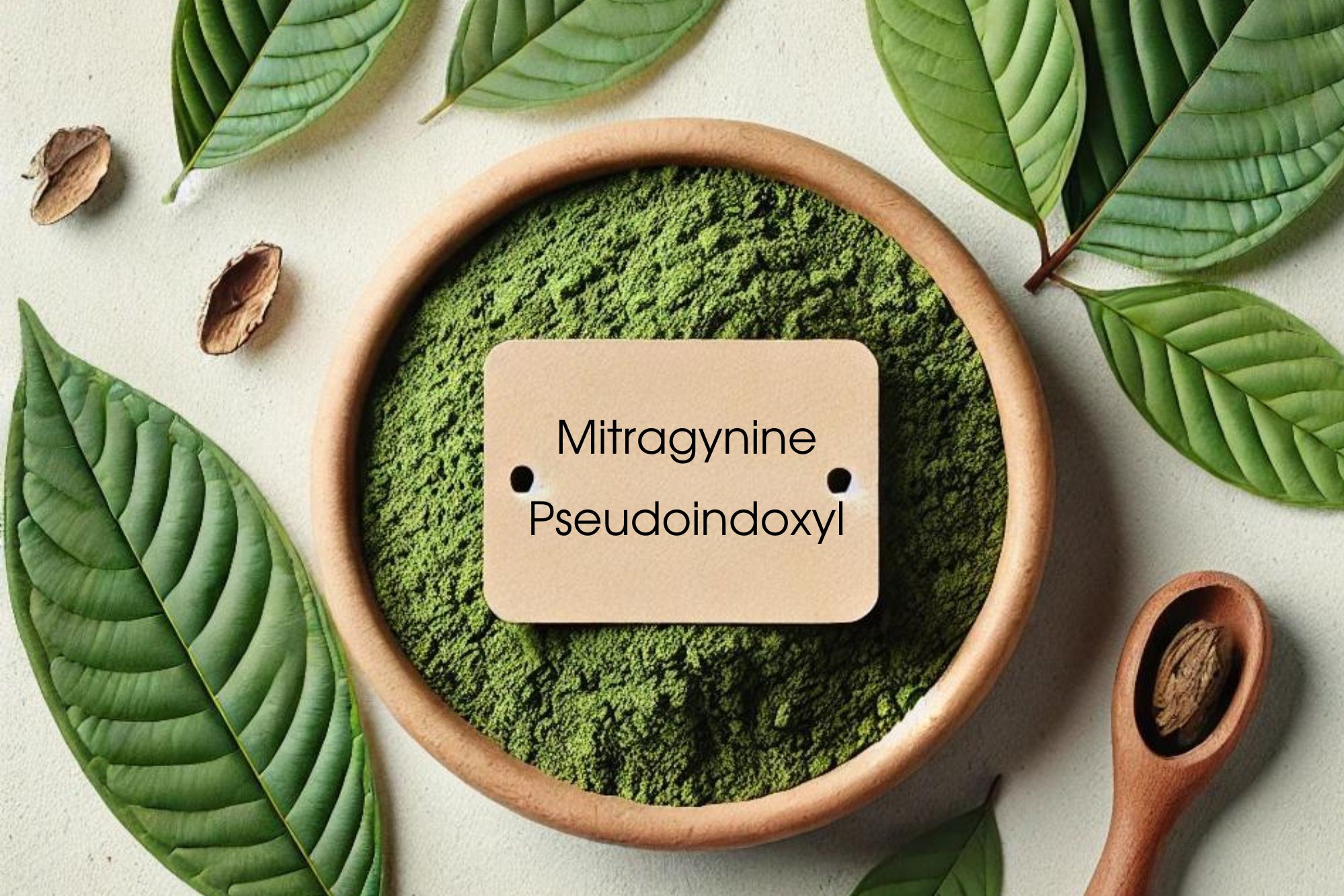
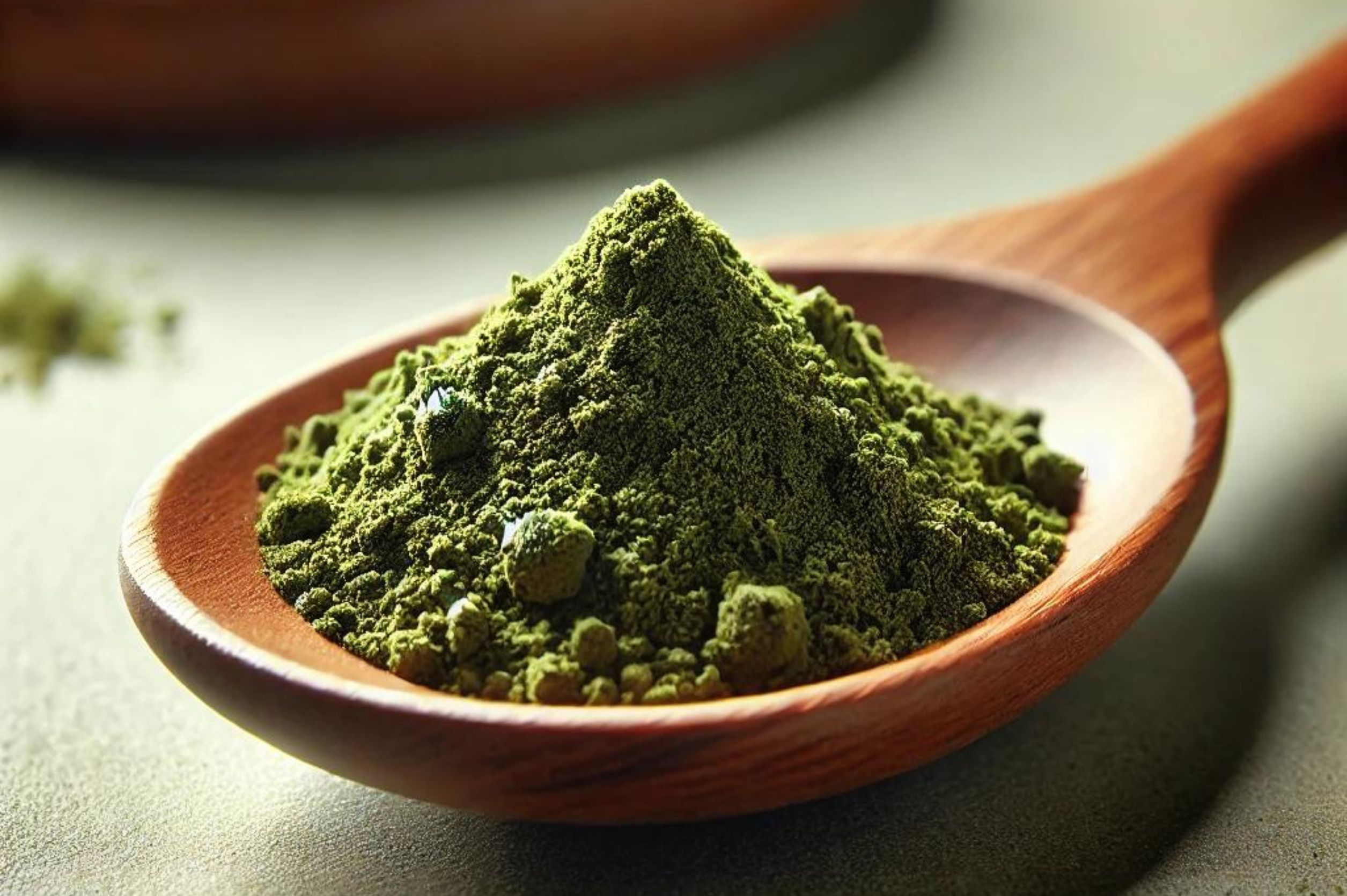
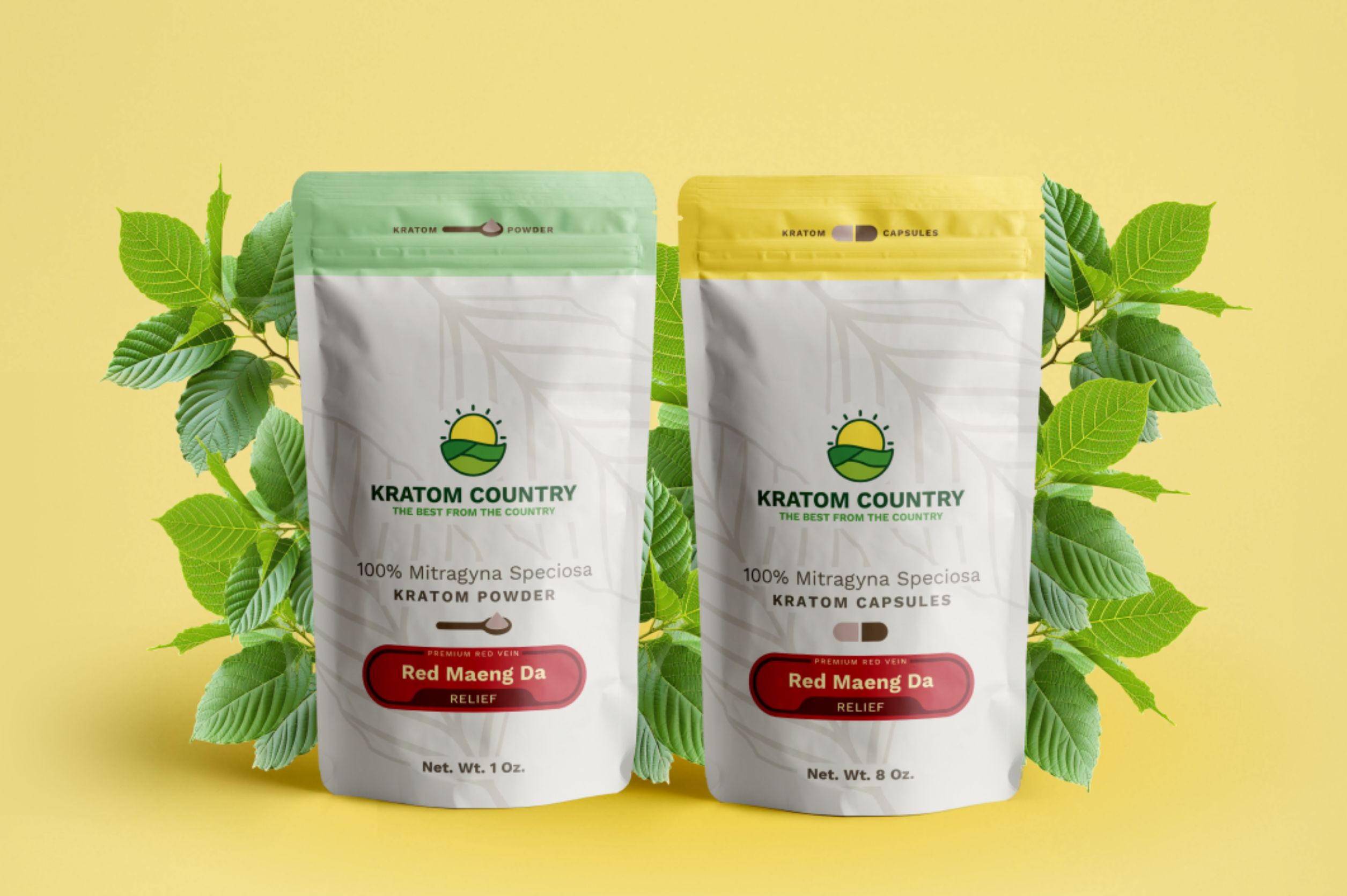
Comments